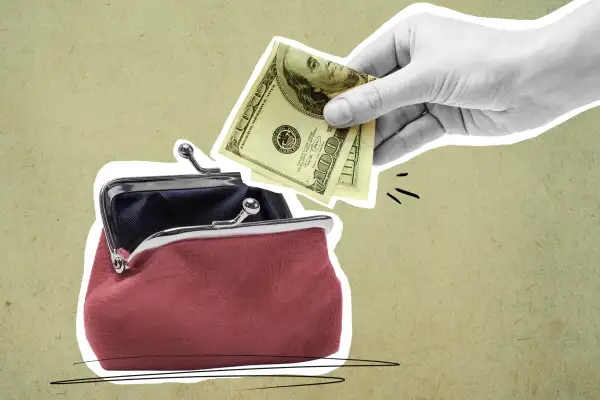This Analysis Shows How the Rich and White Benefit Most From Retirement Account Tax Breaks

The tax breaks in retirement accounts like 401(k)s and IRAs are making racial inequities worse in the U.S., according to a new analysis.
The gap between white and Black and Hispanic families' average retirement account balances widened significantly over the last 30 years, partly because of the tax breaks, according to an analysis by the nonpartisan Tax Policy Center of the Federal Reserve's most recent Survey of Consumer Finances.
In 2019, white families on average had an account balance of $168,500, not including traditional employer pension plans, up from just under $35,000 in 1989. Black families, by comparison, had an average account balance of $38,300 in 2019, and for Hispanic families, it was just $27,300. Back in 1989, account balances for these groups averaged around $7,000.
On top of the stark difference in the size of account balances, the study found a disproportionately higher number of white households even had savings in retirement accounts at all. Some 57% of white families had savings in retirement accounts as of 2019, compared to 35% of Black families and 26% of Hispanic families. These figures have all increased — up about 14 percentage points since 1989 for white families, versus 18 for Black families and 10 for Hispanic families — but people of color still lag behind significantly.
Over time, Congress has upped the tax benefits for retirement savers. But those benefits have disproportionately helped those who have extra money to put aside in retirement savings accounts — a.k.a. high-income households, which are mostly white, the center added.
“We have an upside-down retirement system,” says Steve Rosenthal, senior fellow at the Tax Policy Center and author of the analysis. “We’re rewarding those who already save.”
So what can be done to fix the flawed system? Automatic enrollment in retirement savings plans and automatic contribution increases would help, according to Wealth After Work: Innovative Reforms to Enhance Retirement Security, a new book that includes the co-director of the Tax Policy Center as one of its editors.
According to one of the book's recommendations, if an employer doesn't sponsor a retirement savings plan, it could be forced to automatically enroll employees in an IRA and make contributions to it, encouraging workers to save for retirement. California, Oregon and Illinois already have these auto IRAs in place.
More from Money:
The Number of 401(k) Millionaires Just Reached a New Record High
Nearly Two-Thirds of American Households Didn't Pay Federal Income Tax Last Year
Believing This Big Social Security Myth Could Put Your Retirement at Risk
